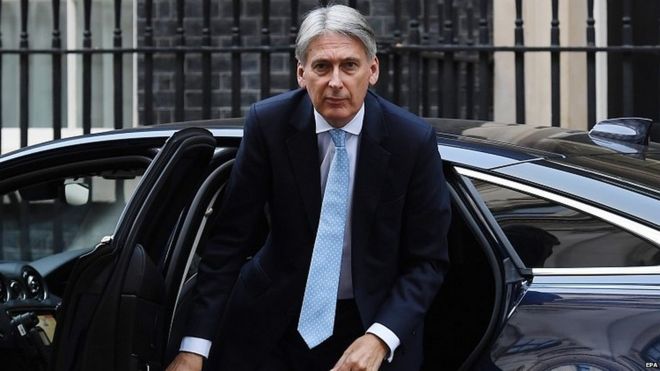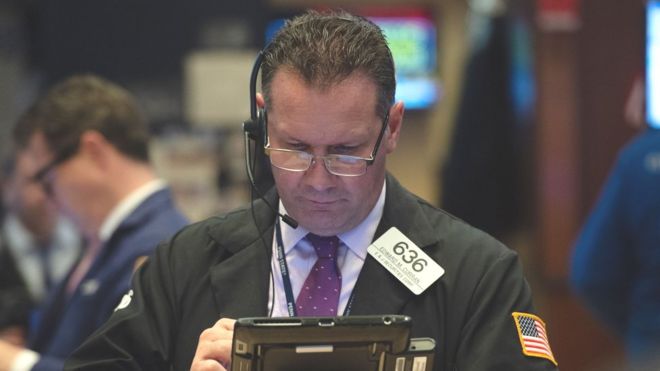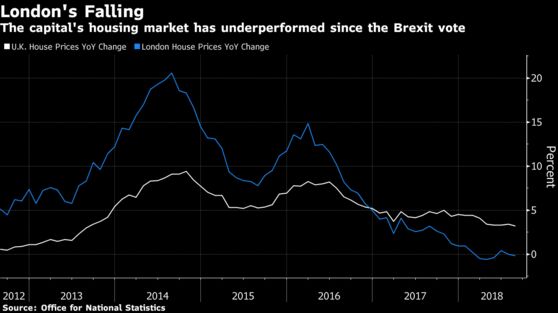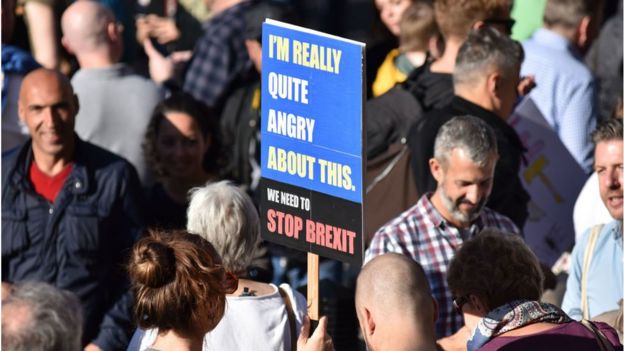by Patricia Zengerle
WASHINGTON (Reuters) - Democrats will try to harden U.S. policy toward Saudi Arabia, Russia and North Korea if they win a majority in the U.S. House of Representatives, while maintaining the status quo on hot-button areas like China and Iran, congressional sources say.
If Democrats win at least 23 more seats on Nov. 6, they will regain control of the 435-member House of Representatives from Republicans for the first time since 2011. That means they can determine what legislation can be considered in the chamber and have a bigger role in setting spending policy and writing legislation, in their challenge to U.S. President Donald Trump’s foreign policy agenda.
But since they must still work with a likely Republican-controlled Senate to pass any bills, the Democratic majority’s greatest influence will be oversight, the ability to call hearings and, if necessary, subpoena witnesses, as they chair committees like Foreign Affairs, Armed Services and Intelligence.
If Republicans defy opinion polls and maintain control of the House after weeks of campaigning by Trump, they are expected to embrace his policies. Several influential moderates are retiring, paving the way for a more conservative Republican House that could heed Trump’s calls to cut aid for Central America and slash the foreign affairs budget by some 30 percent.
SAUDI ARABIA
The furor over the death of journalist Jamal Khashoggi at the Saudi consulate in Istanbul has added to lawmakers’ frustration with Saudi Arabia over civilian deaths in the war in Yemen and human rights.
A Democratic-led House would vote on legislation to block arms deals with Riyadh, make it difficult to win congressional approval of a nuclear energy deal with the kingdom and take up a measure to stop U.S. aircraft refueling and other support for the campaign in Yemen.
RUSSIA
Democrats plan Russia-related investigations, such as a probe of business ties and conflicts of interest between Trump and Russia.
But from a policy perspective, a Democratic-led House would push to punish Russia for interference in U.S. elections and activities including its aggression in Ukraine and involvement in the Syrian civil war.
The House would push for more sanctions, including measures targeting new Russian sovereign debt. They would also try to pressure Trump to enact all of the sanctions in a sweeping bill he reluctantly signed into law in August 2017.
“Trump would have to accept policies that he is not so enthusiastic to accept,” said Ilan Goldenberg, a former congressional aide and State Department official now at the Center for a New American Security.
Members of Congress have also vowed to push harder, using subpoena power if necessary, to obtain information about Trump’s summit last summer with Russian President Vladimir Putin. The White House has released few details about the meeting.
NORTH KOREA
Democrats say they are determined to obtain more information about meetings by Trump and Secretary of State Mike Pompeo with North Korean Leader Kim Jong Un, worried that Trump is so eager to make a “great deal” that he will give Kim too much.
They plan to call administration officials to testify in public, and behind closed doors, about the status of talks. But they also will walk a fine line, because they do not want to be seen as interfering with diplomacy and efforts to prevent a nuclear war.
CHINA
Aides and outside experts do not expect that Democratic House control will mean significant changes in China policy. Democrats will hold more hearings, and demand more briefings, but criticism of Beijing has so far crossed party lines and that is not expected to change.
Prominent Democrats, such as Representative Adam Schiff, who is in line to chair the House Intelligence Committee, have joined Republicans backing measures to clamp down on China, like legislation treating ZTE Corp and Huawei Technologies Co Ltd [HWT.UL] technology and phones as major cyber security threats.
Like Republicans, Democrats are divided on Trump’s trade war with China. Some party members see free trade as a generator of jobs, while others back tariffs to protect workers in industries such as steel and manufacturing.
IRAN
Democrats were infuriated by Trump’s withdrawal from the international nuclear deal with Iran that Democratic President Barack Obama’s administration reached in 2015. But there is little they can do to change the policy as long as Republicans occupy the White House.
Lawmakers also are wary of seeming too friendly to Iran, especially given hostility to Tehran by the government of Israel. While Israeli Prime Minister Benjamin Netanyahu has worked increasingly closely with U.S. Republicans, strong ties to Israel remain a top priority for both parties.
Reporting by Patricia Zengerle; Editing by Mary Milliken and Peter Cooney
Our Standards:The Thomson Reuters Trust Principles
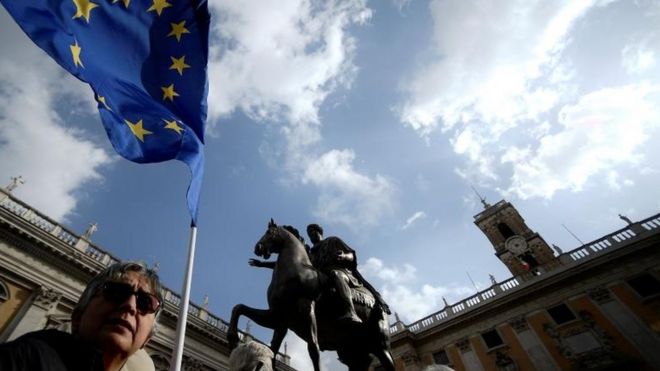 AFP
AFP